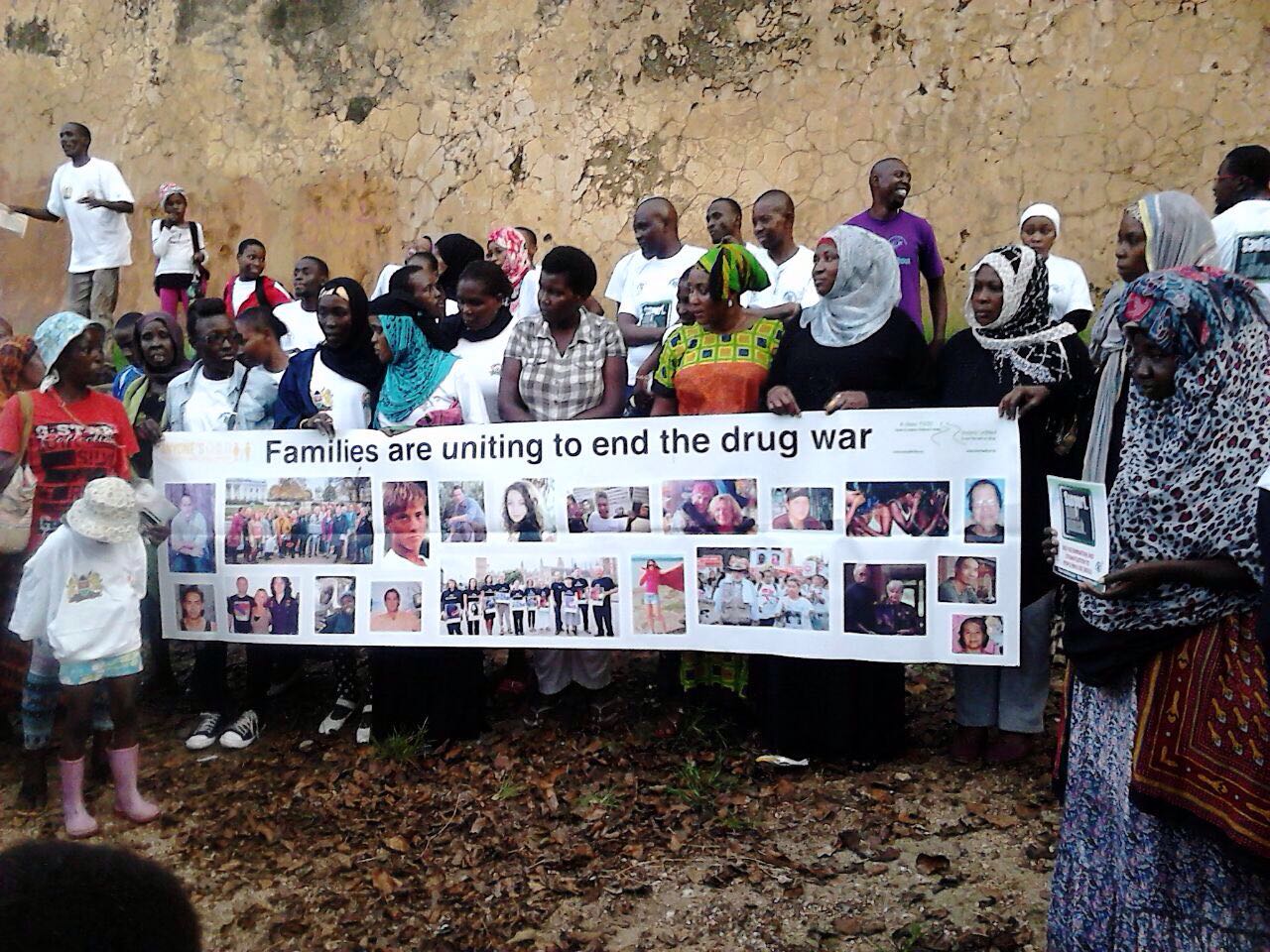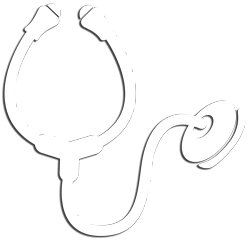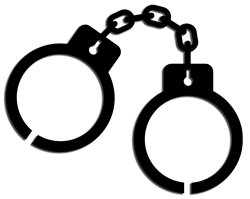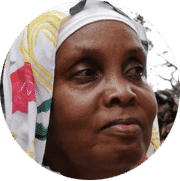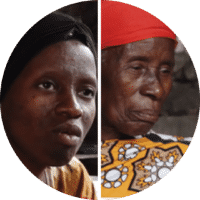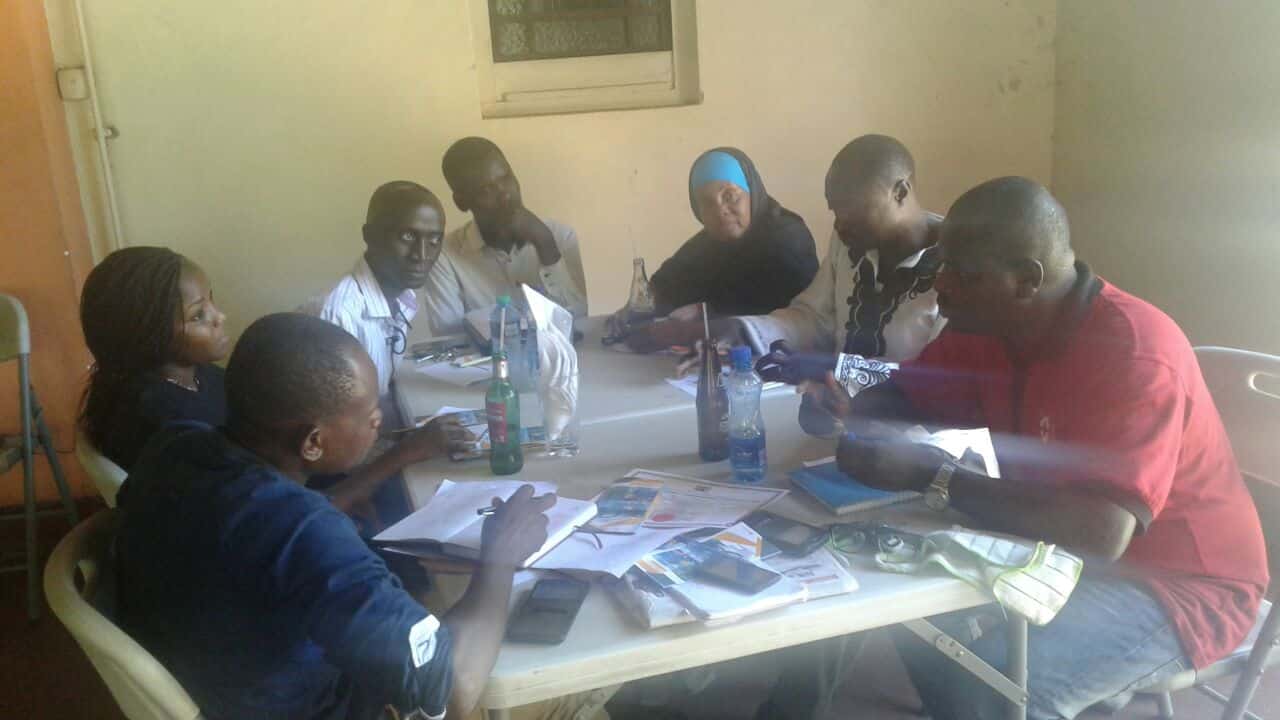It’s time for drug laws that protect our families
No one doubts that drugs can be dangerous – that’s why we should do all we can to prevent children and young people from taking them. But banning drugs and criminalising those who get involved with them causes even more harm.
Parentless homes, bereaved families, heartbreaking struggles with addiction, socio-economic desperation, fear of access to health services, fueling the HIV/AIDS pandemic among people who inject drugs and fostering a feeling that systems were built to hurt, not help – in Kenya the damage caused by the current approach can no longer be ignored.
The drug war is also fueling organised crime, corrupting authorities and undermining the rule of law. All of the combined delivers an unforgivable plight for families that have lost their children and loves ones.
We need to move beyond fear, discrimination and punishment, and towards drug laws that are centred around honesty, compassion and health.
Drugs should be treated as a health issue, rather than to criminalise it. I think many more people would be safe.
Zahra’s son is struggling with drug addiction, made worse by Kenya’s punitive drug policy. She has lived in secrecy with her son’s problems for years but she now feels the time has come for her to speak out – to expose the scale of the problem and to put pressure on the government to make change a reality.
Mwasuma might still be alive if he hadn’t been criminalised for his drug use and forced to use unregulated drugs.
Take the pledge
I pledge to spread the word about the need to reform our failed drug laws. I will tell my friends, family and politicians how the war on drugs is harming children and young people, rather than protecting them. I will encourage people to look at the evidence and consider alternative approaches – such as decriminalisation and legal regulation – that are based on care, not criminalisation.
